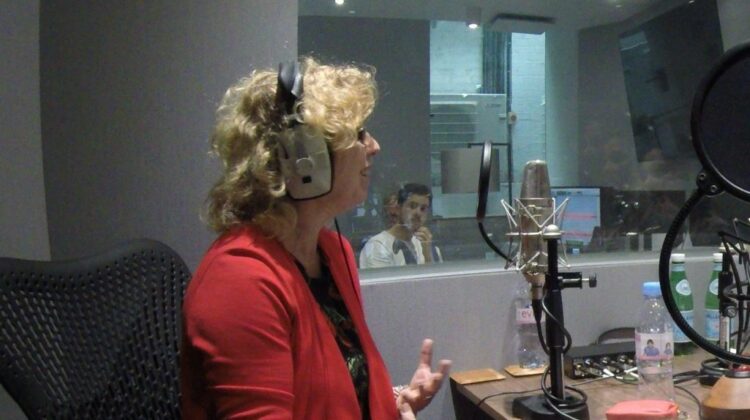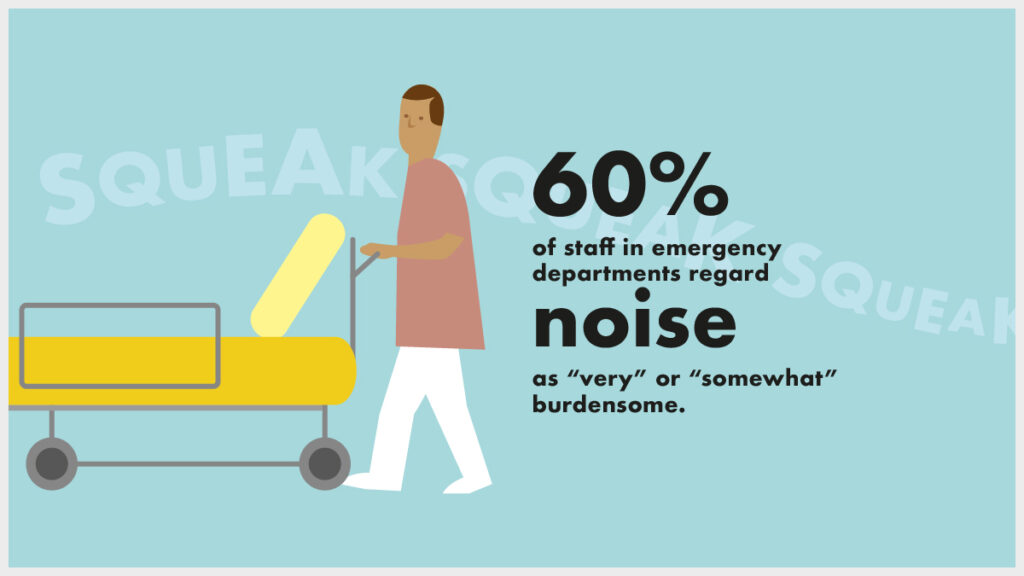
One of our editors, Andrea Harman, has had the opportunity to discuss in a new podcast how room acoustics play an important part in biophilic design. Sound without walls.
Our hearing is often key in our perception of the world around us; it helps us to interact, communicate and be aware of what is happening and impending change. It is designed for the outside, a world without walls and other hard reflective surfaces that focus sound and allow it to build up to levels where it affects our concentration, increases levels of anxiety, negatively affects performance, and interrupts our sleep.
Andrea recently finished her master’s degree in Dementia Studies and she has investigated how room acoustics affect people in dementia care and healthcare in general. People with dementia often have hearing loss due to age and unfortunately, speech signals are often lost in bad acoustics environments.
Dementia care units are traditionally often ”institutionalized” environments where hard surfaces allow sound to bounce back and forth. But together with Stirling University Andrea has investigated more suitable standards for dementia care.

Besides dementia research, Andrea discusses sound in ICUs, a case study in a hospital in Birmingham (where the layout was changed to a more open-plan solution), and a hospital study from Sweden.
Read about the podcast and listen to it here.
NB. Listen to another podcast on healthcare acoustics here.

